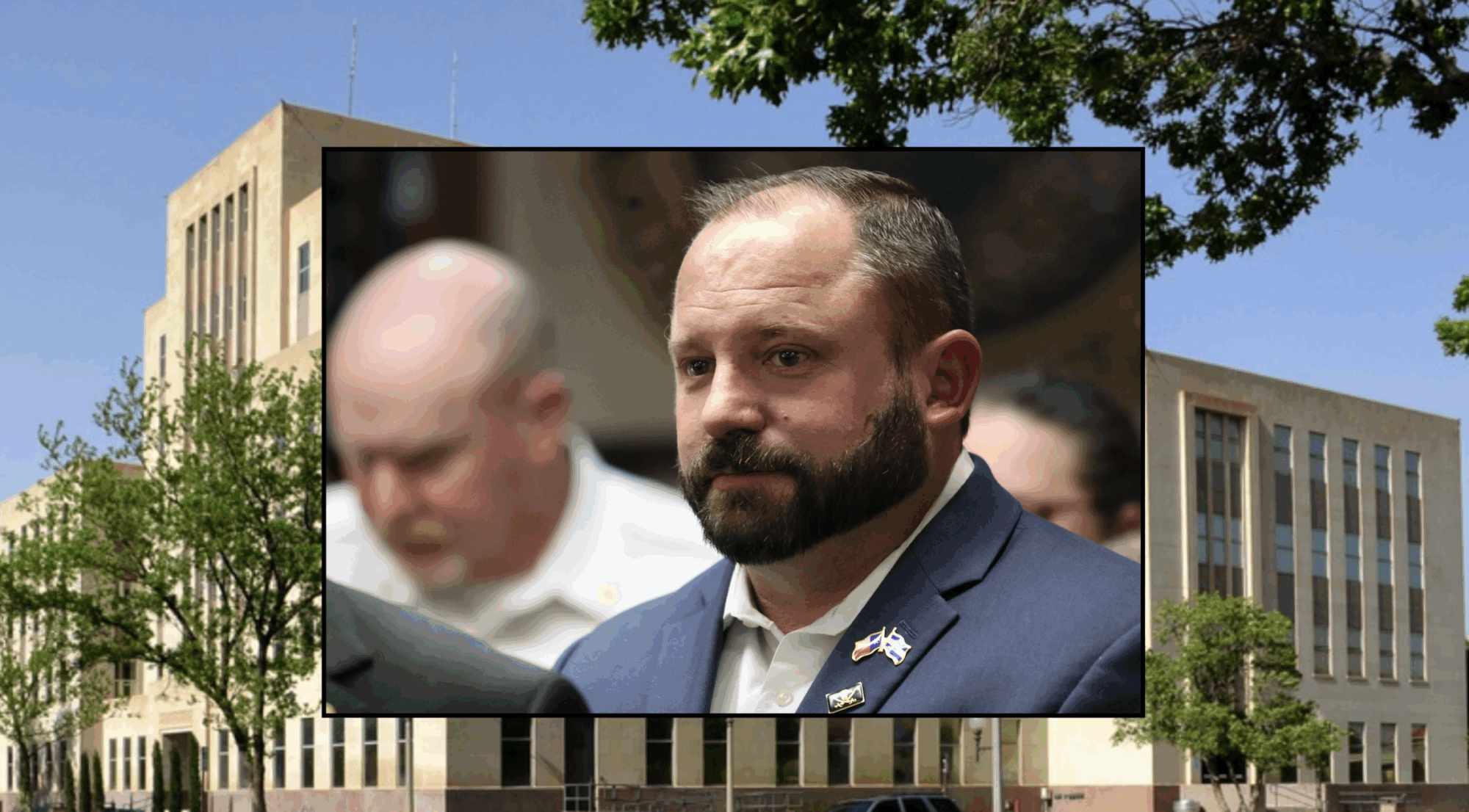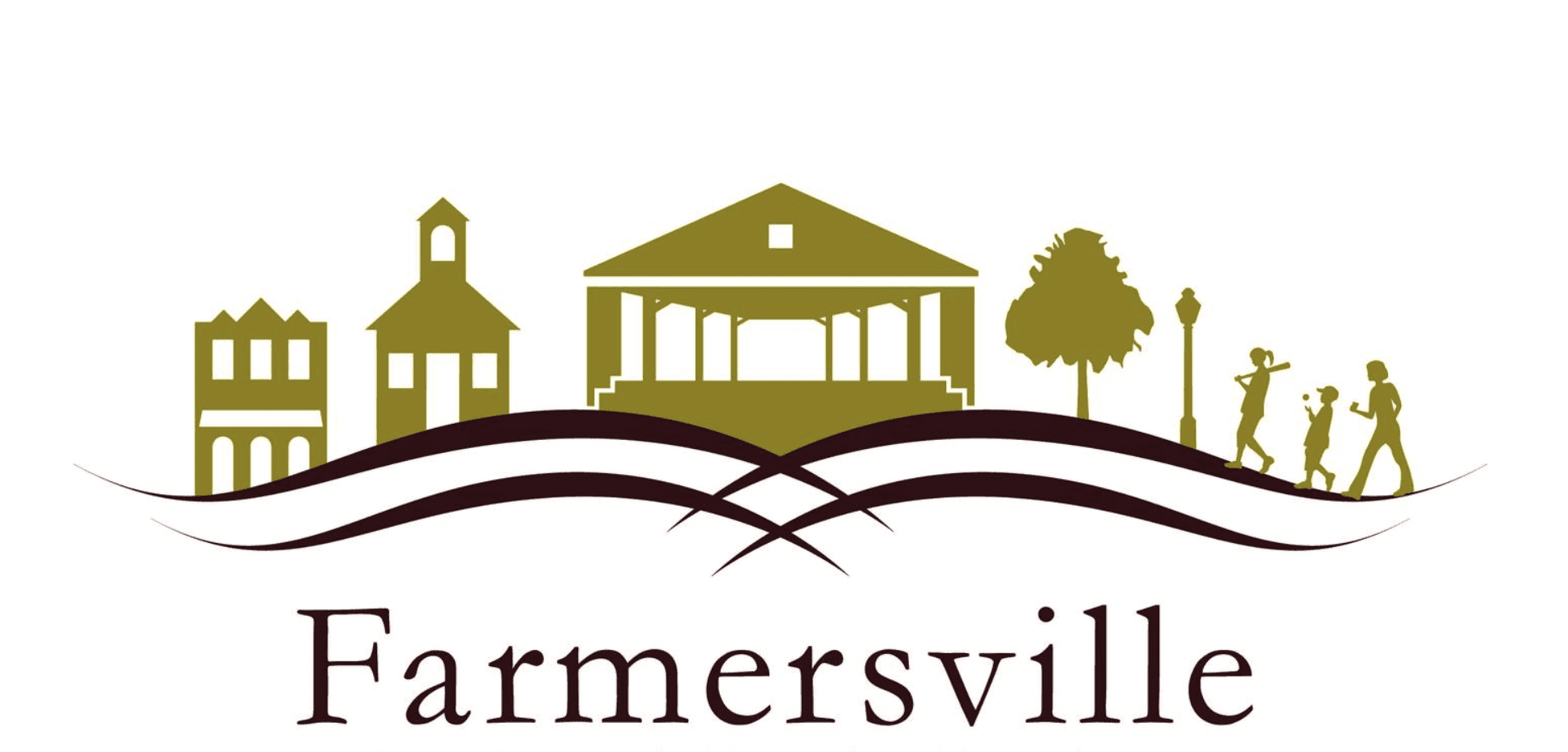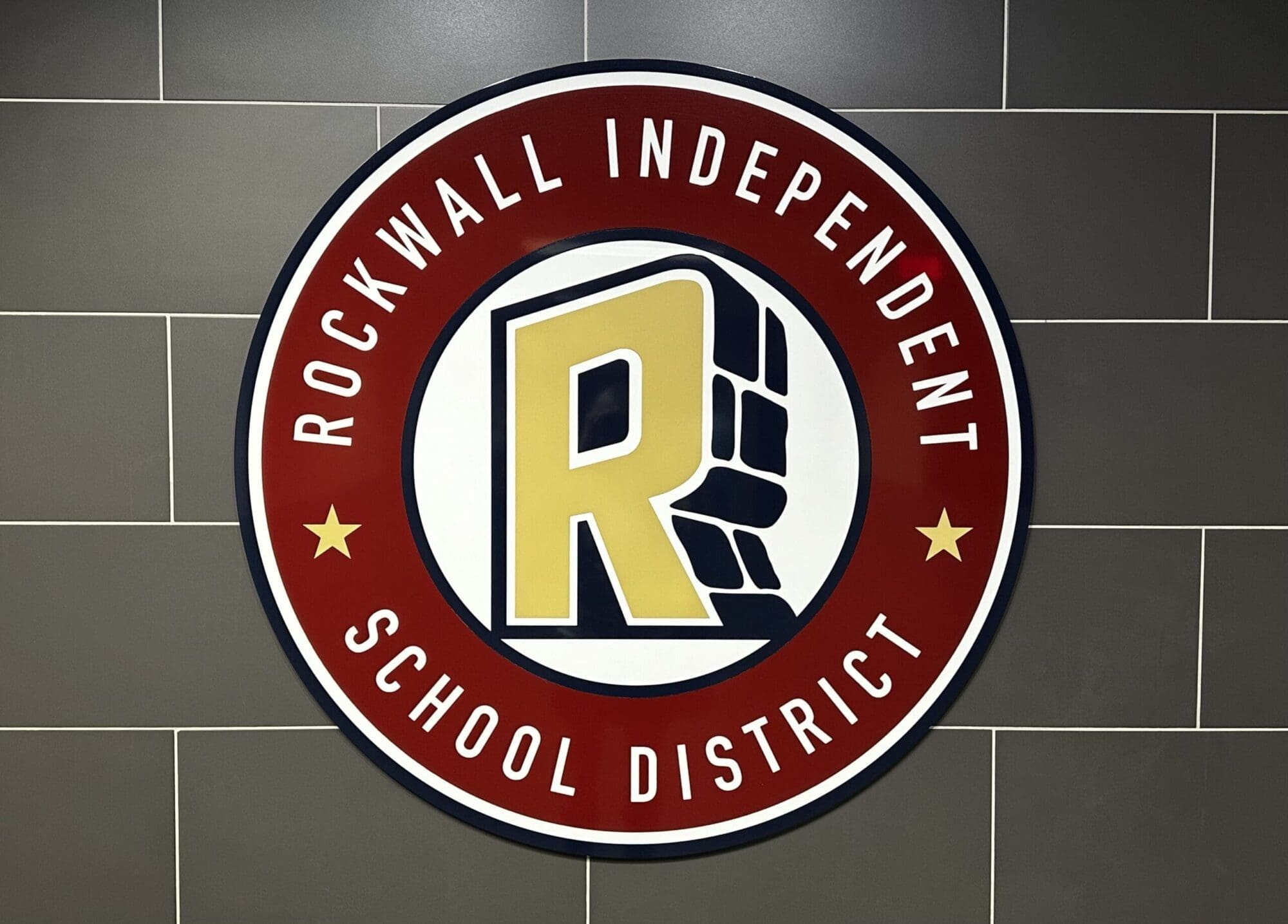Citizens expect their city officials to be fiscally responsible with taxpayers’ money, prioritize spending, and live within a budget just as citizens themselves do. But too often city governments are tempted to collect and spend more and more tax dollars simply because they can.
As a newly elected official in the City of Wylie, I took my oath of office and was knee deep in the annual budget process within a few short meetings. City department budget reviews and requests were submitted, and it quickly became clear that a tax increase would be pushed for. Initially, our council was presented with a budget that suggested we not cut the tax rate at all, even though property values had increased by over 10 percent!
Citizens in our city had been frustrated by ever-increasing home values that were not offset by the city adopting the effective rate. The balance between spending and fiscal responsibility would prove to be more challenging than it looks from the outside. Every department that presents has reasons for their requests and often try to tug at the heartstrings of council. We were warned that citizens might not be safe, that parks might become unusable, or that employees might decide to leave for other cities if we did not approve requests.
This places council members in a tough position, as we all care deeply for our citizens. However, my approach was to view the entire process as an exercise in budgeting. Adopting the effective tax rate would still allow budget growth of 4.5 percent, so why increase taxes? Council could approve the base budget increases of mid-year positions, merit/step raises and benefit cost increases. We could also spend over $900,000 on new positions and capital equipment for the upcoming budget year. I knew that it would come down to prioritizing requests.
The first directive provided from our council to the city staff suggested raising taxes on existing property. The suggestion was that we should adopt a rate that would increase taxes by 1.5 percent. With this direction by the majority, staff presented a budget that was “pared down” to $1.35 million in new personnel and non-personnel requests.
However, the public was outspoken online, in person, and at public hearings that they did not want the city to raise their taxes. Upon arriving at the final meeting to vote on the budget and tax rate, each council member was required to state their position on the tax rate. I and two colleagues stated that we wanted the effective rate adopted, while the mayor and three other members were in favor of raising taxes. We held our ground, and since state law requires that 60 percent of a governing body vote in favor of a tax raise, the council could not pass a tax hike.
Despite pressure and tense discussions, we held firm and the council had to choose what to prioritize to reach a balanced budget. The $1.7 million dollars of new spending this year shows that it is not a lack of revenue, it is a lack of commitment to fiscal responsibility.
Elected officials should always remember that the voters are not giving us a blank check. Citizens elect us to make the tough choices on what is most needed for the city to continue to be a great place to live. We are expected to be fiscally responsible and live within a budget, the same way they do at home.
This is an outside commentary submitted and published with the author’s permission. If you wish to submit a commentary to Texas Scorecard, please submit your article to submission@empowertexans.com.




